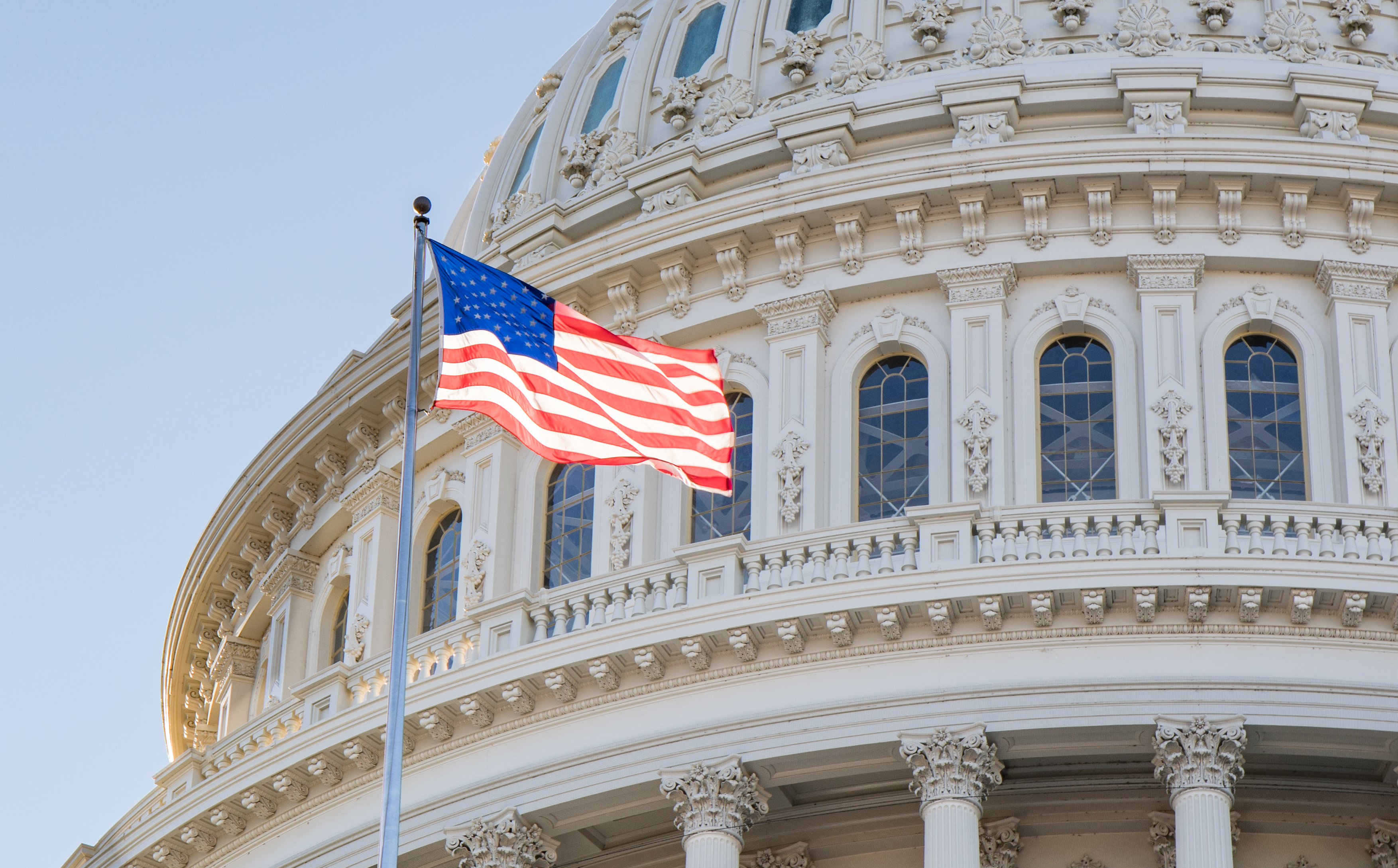The “four corners” of Congress’ tax-writing committees (House and Senate Chairs and Ranking Members) have written to the Treasury Department to say they intend to pass new legislation to address needed clarifications and corrections to SECURE 2.0.
Sen. Ron Wyden (D-OR), chair of the Senate Finance Committee; Rep. Jason Smith (R-MO), chair of the House Ways & Means Committee; Sen. Mike Crapo (R-ID), ranking member of the Finance Committee; and Rep. Richard Neal (D-MA), the Ways & Means Committee’s ranking member, wrote to Treasury Secretary Janet Yellen and IRS Commissioner Daniel Werfel on May 23 to express the intent of Congress with respect to SECURE 2.0 provisions that have triggered questions since the bill’s enactment last year.
Among the issues on which the letter’s authors urged favorable regulatory action, and on which they expressed their intention to move corrective legislation, were:
- Catch-up contributions (a drafting error raises the possibility that catch-up contributions will not be allowed as of 2024).
- Tax credits for small business start-up costs for establishing a retirement plan—the letter clarifies that Congress intended for the $5,000 maximum tax credit to be available in addition to the matching contribution of up to $1,000 per employee tax credit. Clarifying language may be necessary to make sure the $5,000 cap does not mean $1,000 for up to five employees, the letter said.
- Minimum distributions will be required for individuals who are age 72 or 73 this year, and for those who are age 73 but will turn 75 after December 31, 2032. This is another area requiring clarification, the letter’s authors said.
- Clarification that Roth contributions to SIMPLE IRAs and Simplified Employee Pension Plans (SEPs) do not count in calculating whether an individual has exceeded contribution limits to Roth IRAs.
Prospects: There is bipartisan agreement on the technical corrections legislation planned by the tax-writing committees. However, finding a vehicle to which a technical corrections bill can be attached could be a challenge. But this letter to Treasury/IRS stating Congressional intent should be helpful should issues with any of these provisions arise before clarifying legislation (or regulation) happens.
NAIFA Staff Contact: Jayne Fitzgerald – Director – Government Relations, at jfitzgerald@naifa.org.






.png?width=600&height=90&name=Support%20IFAPAC%20%20(600%20%C3%97%2090%20px).png)
